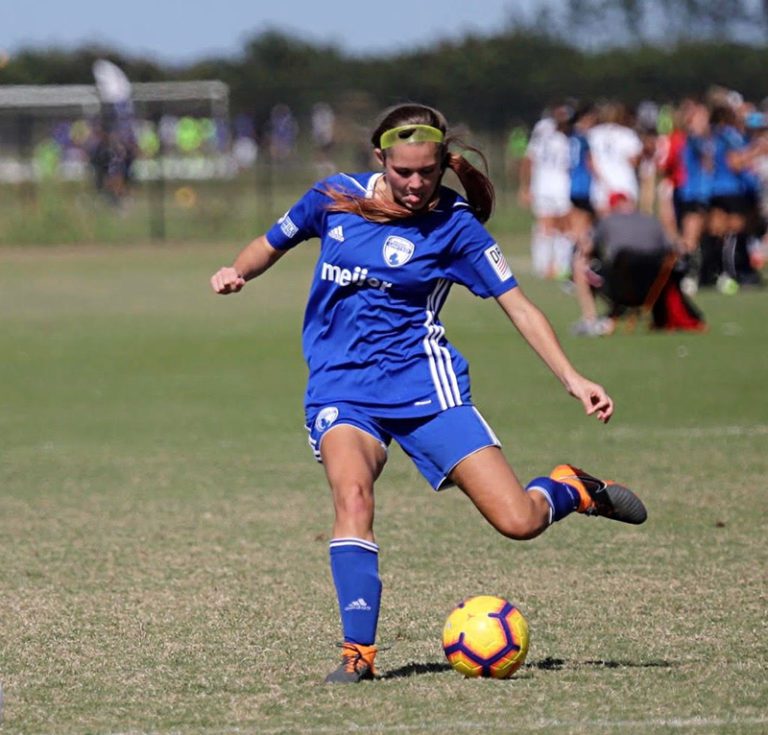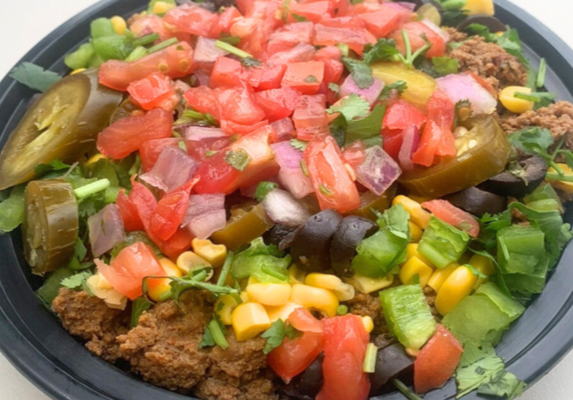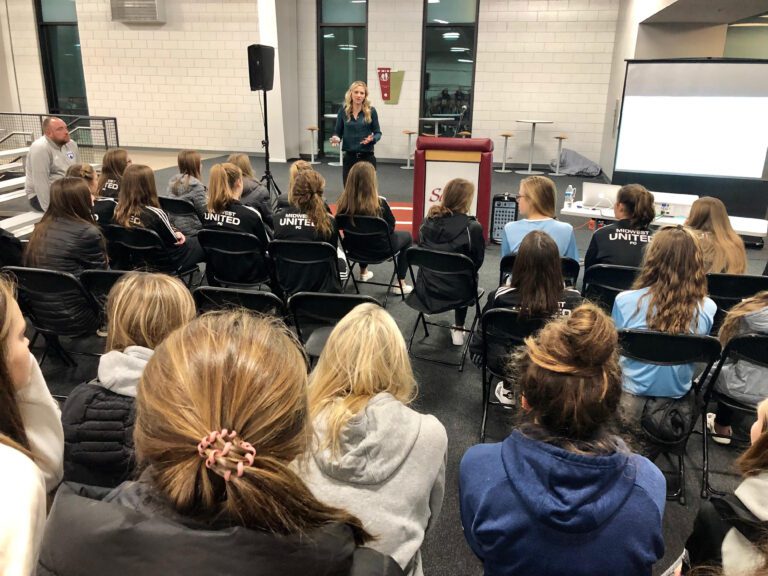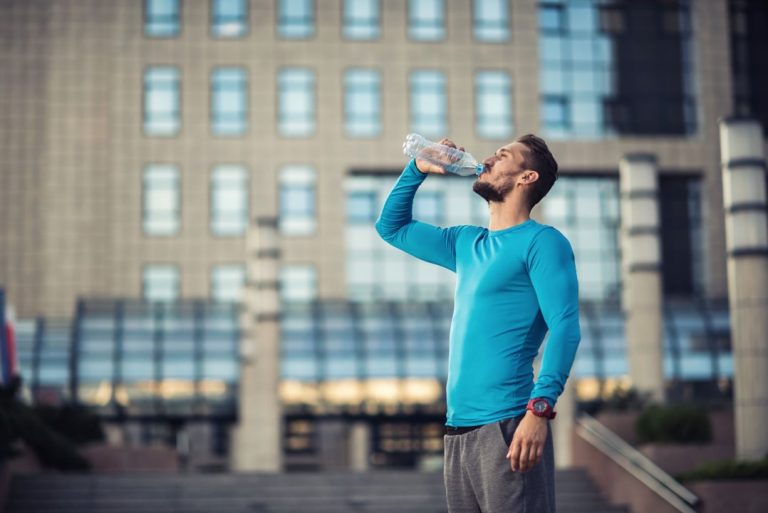
Nutrition before (and during) games can be confusing—but it doesn't have to be!

Let’s break down what creatine is, how it’s used, and if it’s safe for your teen athlete to use.

The nutrition facts label does not tell you the whole picture when it comes to your food! Especially with meat and plant-based alternatives. Learn why!

Athletes with ADHD can have worsened ADHD symptoms with poor nutrition and sleep schedule..learn more about how to properly fuel while managing ADHD!

Athletes with ADHD can have worsened ADHD symptoms with poor nutrition and sleep schedule..learn more about how to properly fuel while managing ADHD!

Why do we crave sugar? What can you do to stop craving sweets? Read on to find out!🤷♀️

Read the full blog post on why I am focusing my energy on my relationship with Christ as well as sharing ideas and content via the newsletter. Be sure to subscribe to the list!

𝐖𝐡𝐚𝐭'𝐬 𝐭𝐡𝐞 𝐭𝐫𝐮𝐭𝐡 𝐚𝐛𝐨𝐮𝐭 𝐞𝐚𝐭𝐢𝐧𝐠 𝐞𝐠𝐠𝐬? 𝐄𝐠𝐠𝐬 𝐚𝐫𝐞 𝐜𝐨𝐧𝐬𝐢𝐝𝐞𝐫𝐞𝐝 𝐨𝐧𝐞 𝐨𝐟 𝐭𝐡𝐞 𝐌𝐎𝐒𝐓 𝐜𝐨𝐧𝐭𝐫𝐨𝐯𝐞𝐫𝐬𝐢𝐚𝐥 𝐟𝐨𝐨𝐝𝐬. So, are eggs healthy for us? Read on to find out!🤷♀️

Weekly nutrition, health, and performance tips to share with your athletes! Powerful yet simple ways to bolster health and athletic performance from a registered dietitian!

Unsure what to eat the night before a game or competition? Check out my top 5 tips that will help you feel and perform at your best to crush your competition!

Helping your teen athlete meet their iron needs to support health, athletic performance, and reduce the risk of injury and illness!

Unsure of how to hydrate during extreme temps? Here are 7 easy ways to improve your hydration!












